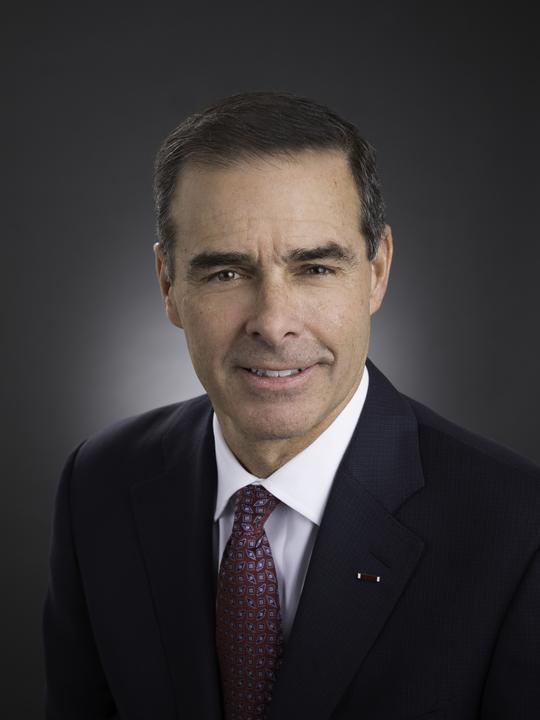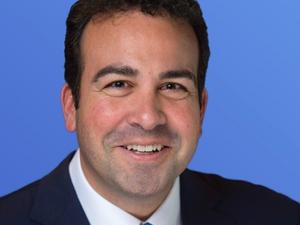Every year, we watch D.C.-area businesses pursue ambitious goals — and, sometimes, that involves an exit.
The Covid-19 pandemic upended such plans and challenged local companies to rethink their roadmaps. But it didn’t stop some transactions from progressing, and it catalyzed others.
This year, we saw traditional initial public offerings, blank-check mergers and sales across size and valuation — some impressive and others simply undisclosed.
A handful of companies set the tone back in 2019. In biotech, Gaithersburg’s Viela Bio Inc. and Beltsville’s NextCure Inc. both went public. In boutique fitness, D.C. tech startup Mariana Tek sold to a global private equity firm. In engineering, Aecom sold its Germantown-based employee management services business for $2.4 billion.
Still, the IPO in Greater Washington is infrequent. And that’s why we’re also keeping our eyes peeled for the companies on deck, plotting their own routes to the public market. Among them could be Rockville vaccine maker Immunomic Therapeutics Inc., D.C. legislative and regulatory dashboard FiscalNote Inc. and Gaithersburg biopharma Sirnaomics Inc.
But first, we highlight 10 notable exits of 2020. Let’s be clear: This is not an all-inclusive breakdown of the ecosystem’s activity. It is, however, an attempt to recognize just some of the many moves that made news, for good reason. Here they are, in no particular order.
Aziyo Biologics Inc.
The Silver Spring regenerative medicine company started publicly trading on the Nasdaq stock exchange Oct. 8 in pursuit of a $50 million IPO, less than a month after filing to go public and five years after spinning out of nonprofit tissue processing company Tissue Banks International.
Proceeds from the offering would fund new sales hires, an expanded marketing program, product development and clinical research activities for Aziyo (NASDAQ: AZYO). It would also be used for working capital and other general purposes, as well as “to acquire, in-license or invest in products, technologies or businesses that are complementary to our business,” Aziyo disclosed previously in Securities and Exchange Commission filings.
The business has raised about $45 million to date, including a recent $5 million in equity funding. It employed about 150 people as of the end of June, according to its Securities and Exchange Commission filings.
Silver Spring-based Aziyo sells human tissue products that surgeons implant into the body and to regenerate tissue and reduce complications that come with surgery. It also has a business-to-business model, where it develops and manufactures the products, then hands the commercialization off to partners. Its products include CanGaroo, used in patients getting pacemakers and defibrillators, and SimpliDerm, a material used for reconstructive surgery, among others.
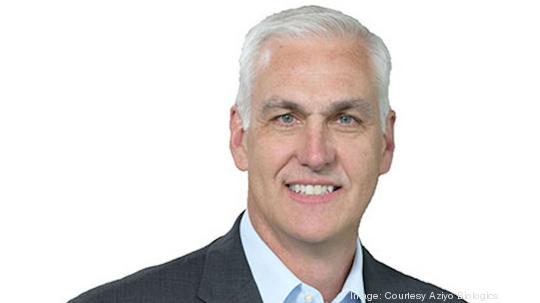
ZeniMax Media Inc.
The Bethesda gaming behemoth locked in a deal in September to sell to Microsoft Corp. for $7.5 billion in cash, slated to close in the first half of 2021.
ZeniMax, which owns Bethesda Softworks LLC, is one of the largest privately owned gaming developers — and the one behind “Doom,” “Fallout,” “The Elder Scrolls” and others. It now has 2,300 employees globally, after Chairman and CEO Robert Altman founded the business in 1999.
“This is a thrilling day for this company, our employees, and our fans. We have enjoyed a close partnership with Microsoft for decades, and this deal is a natural progression of those years working together,” Altman said in September. “The big winners today are our fans. We are continuing to develop our slate of AAA games, but now with Microsoft’s scale and entire game stack, our games can only get better.”
The deal pushed Microsoft (NASDAQ: MSFT) deeper into the rapidly growing gaming industry. The tech giant reported about $143 billion in revenue in its fiscal year 2020 earnings.

CuriosityStream Inc.
The Silver Spring documentary streaming service successfully merged with a blank-check company in mid-October, opening the door to its public debut.
CuriosityStream (NASDAQ: CURI) combined with special purpose acquisition company Software Acquisition Group Inc., a route that allows it to bypass the traditional IPO process. The deal followed a massive $140 million round in February 2019, and positions CuriosityStream to reach more consumers.
Its founder, John Hendricks, started the business in 2015 — his second act after starting Discovery Inc. in the 1980s and growing it to a $25 billion company at its peak. “I have ambitions — I don’t want to put out a number. But we are going to be very ambitious building a company that is the go-to factual programming company in the streaming era,” he said in an August interview with the Washington Business Journal.
Today, CuriosityStream serves approximately 13 million paying subscribers in over 175 countries, and has doubled its revenue every year for the last three years.

Framebridge Inc.
The Georgetown custom framing startup sold in May to publicly traded Graham Holdings Co. (NYSE:GHC), a conglomerate of education, media, health care, auto and restaurant businesses. The transaction closed about six years after Framebridge founder and CEO Susan Tynan first launched her concept — and proceeded to raise more venture funding than any other female founder in Greater Washington. The parties did not disclose a purchase price, though more recent filings provide some insight.
The deal reunited two executives with previously close business ties. Graham Holdings CEO Tim O’Shaughnessy was a founding investor in Framebridge and had since served as its board chairman, while Graham Holdings also held a minority interest in the framing startup. O’Shaughnessy and Tynan had formerly worked together at D.C. tech firm LivingSocial, which was later absorbed by Chicago rival Groupon Inc.
Framebridge had been on a growth path before the pandemic, though it declined to reveal its revenue or profitability. Last year, the company had opened two retail locations in the District and Bethesda and landed $46.5 million in fresh capital. Before the pandemic, it had counted about 450 manufacturing employees, depending on the season, and about 100 corporate employees, including retail.
But the move also followed some changes to Framebridge’s business model amid the pandemic, in which it turned its Kentucky manufacturing facility into a hub for personal protective equipment production, making thousands of face shields a day with the same materials it would have otherwise used for frames. The company had just last year retooled its manufacturing operations to help boost profit margins and efficiency.
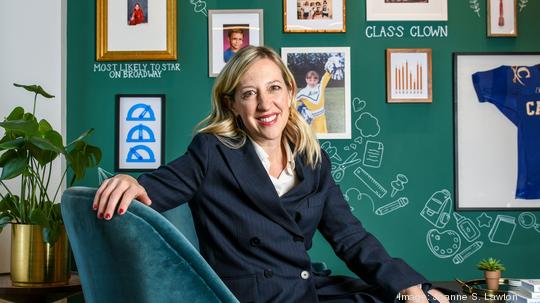
SOC Telemed
The Reston telemedicine provider’s merger with Healthcare Merger Corp. (NASDAQ: HCCO), a special purpose vehicle based in New York, closed Oct. 30. The deal — which values the local company at about $720 million — opened the door for SOC Telemed (NASDAQ: TLMD) to start trading Monday on the Nasdaq stock exchange.
SOC makes its public debut on the heels of a successful three quarters, and with strong projections for the upcoming months, at a time when telemedicine has taken top billing for health care providers because of the pandemic’s restrictions on in-person appointments. It also comes as SOC expands its services on 24 existing contracts — and brings on new customers altogether.
The newly combined company now looks to capitalize on what’s been “a tipping point” for the telemedicine industry amid the coronavirus pandemic and demand for virtual care, said John Kallix, its new CEO.
“I think we have a fundamental opportunity to help change health care,” he said in a recent interview.
SOC focuses its telemedicine platforms on neurology, psychiatry and critical care areas. It also plans to expand into cardiology, infectious disease, hospital medicine, emergency medicine, maternal-fetal medicine, palliative care and oncology. Founded in 2004 as Specialists on Call, the business now serves 847 provider facilities, including 543 acute-care hospitals, spanning 47 states. The company said it has provided 1 million acute-care consultations to patients.
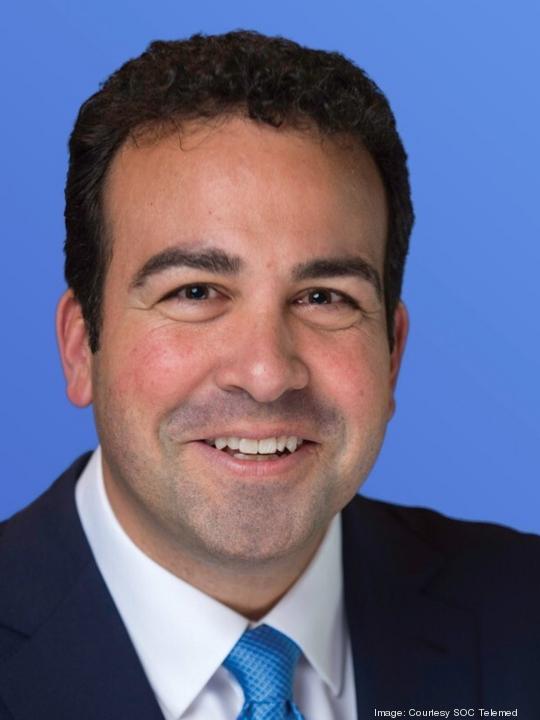
Ibex Ltd.
The D.C. company, which provides outsourced customer service products and services, raised $90 million in an initial public offering in August, after first kicking off the process in 2018.
Ibex, a spinoff of D.C. global investment company The Resource Group, now counts TRG as a majority shareholder after the IPO. The company sees a total addressable market of about $100 billion across its various segments, which include customer service, billing support, technical support, lead generation, online sales, digital surveys and resolution services.
But Covid-19 has impacted the business. Its largest client, Frontier Communications — which accounted for 18.6% of Ibex’s revenue for the nine months through March 31 — filed for bankruptcy. Though, Ibex reported that it continues to perform services for the other company and believes Frontier will continue to pay.
Ibex counted 90 clients as of March 31 across an operation spanning seven countries, 27 delivery centers and more than 22,000 employees worldwide.
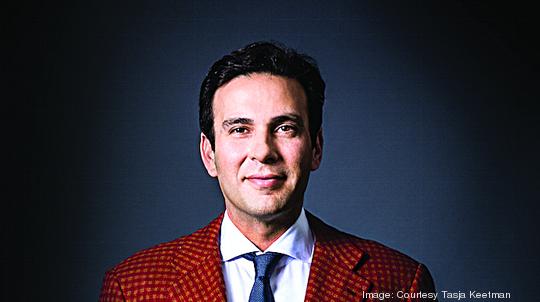
Rosetta Stone
The Arlington language learning company struck a deal in August to sell to private equity-backed Cambium Learning Group Inc. for $792 million.
The acquisition is the culmination of a multiyear strategy in which Rosetta Stone shifted away from one-time purchases of its language modules, and instead modeled itself as a software-as-a-service provider focused on companies and schools.
That move cut down consumer sales but grew both its foreign language learning services to companies and its English language literacy programs to public and private schools.
“This transaction represents the next step on a path that, over the past several years, has transformed our language business and built a previously small K-12 software business into a growing leader in education technology,” said CEO John Hass, who led the transition, at the time.
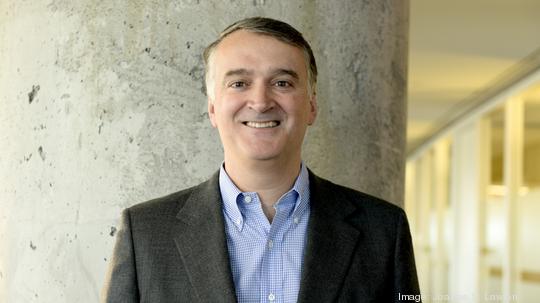
Cyveillance
Cyber threat detection firm Cyveillance, part of Reston’s LookingGlass Cyber Solutions Inc., sold to Baltimore cybersecurity firm ZeroFox in early October for an undisclosed amount.
Under the deal, the Northern Virginia business unit’s more than 130 employees and 100 customers became part of ZeroFox — which raised $74 million earlier in 2020 and is eyeing its own public exit.
Cyveillance’s Reston office is now serving as ZeroFox’s second Mid-Atlantic location, in addition to offices in India, Chile and the United Kingdom. Cyveillance was founded in 1997 and acquired in 2015 by LookingGlass, which has since raised more than $26 million.
ZeroFox now employs more than 400 people and expects to continue hiring toward a target of more than 500 next year.
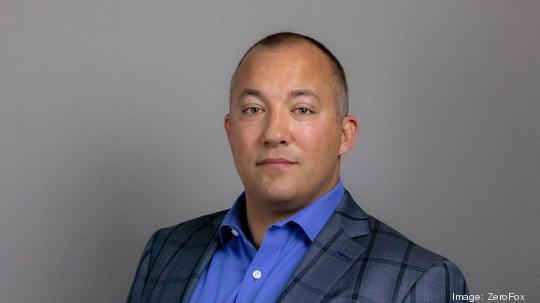
DivvyCloud
Arlington cloud management startup DivvyCloud inked a deal in April to sell to Boston security analytics and automation provider Rapid7 Inc. (NASDAQ: RPD) for $145 million in cash and stock.
DivvyCloud CEO Brian Johnson described the acquisition as “a natural next step.”
He co-founded the company in 2013 with fellow Electronic Arts alum Chris DeRamus. The business then went on to double its customer base and record annual revenue growth of 200% in May 2019.
It also raised a total of $27.5 million including $20 million in 2019, per PitchBook data. McLean’s New Dominion Angels LLC, University of Maryland-run investor network Dingman Center Angels and D.C.’s Core Capital Partners invested, among others.
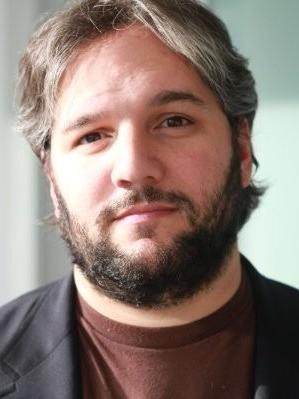
DynCorp International Inc.
McLean-based DynCorp formed an agreement to sell to Germantown’s Amentum Holdings LLC, what was formerly Aecom’s (NYSE: ACM) managed services business segment.
The deal, announced in September, gives the Maryland business holds in the aviation and logistics support services markets, while also growing its headcount to 34,000 employees. Financial terms of the deal were not disclosed.
Dyncorp is billed as the single-largest aviation services provider for the U.S. Army, Navy and Coast Guard, but also maintains a robust global logistics operation and consulting services.
“Our acquisition puts us in leading market positions in several key areas that have multibillions of dollars of opportunities every year,” Amentum CEO John Vollmer told the WBJ in September. “DynCorp is the leading market provider of aviation field maintenance. Amentum is the market leader in ground maintenance for Army sustainment plans, so we provide the complete portfolio of that service to our [Department of Defense] clients.”
